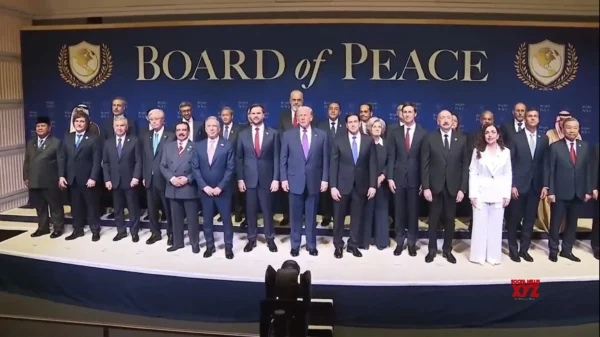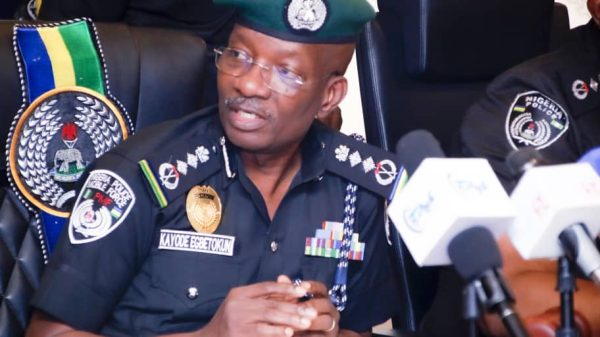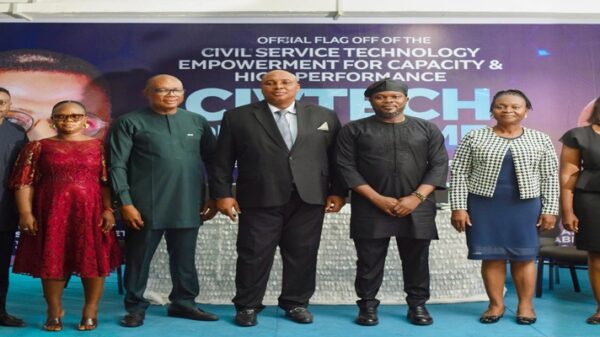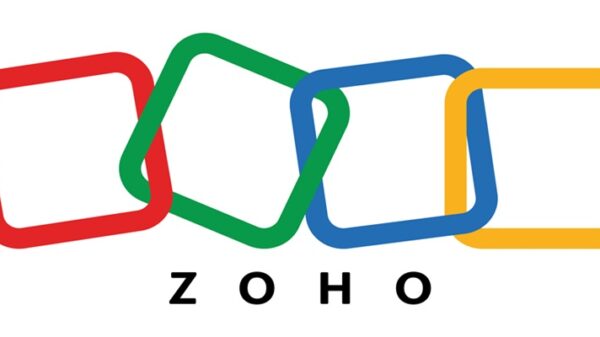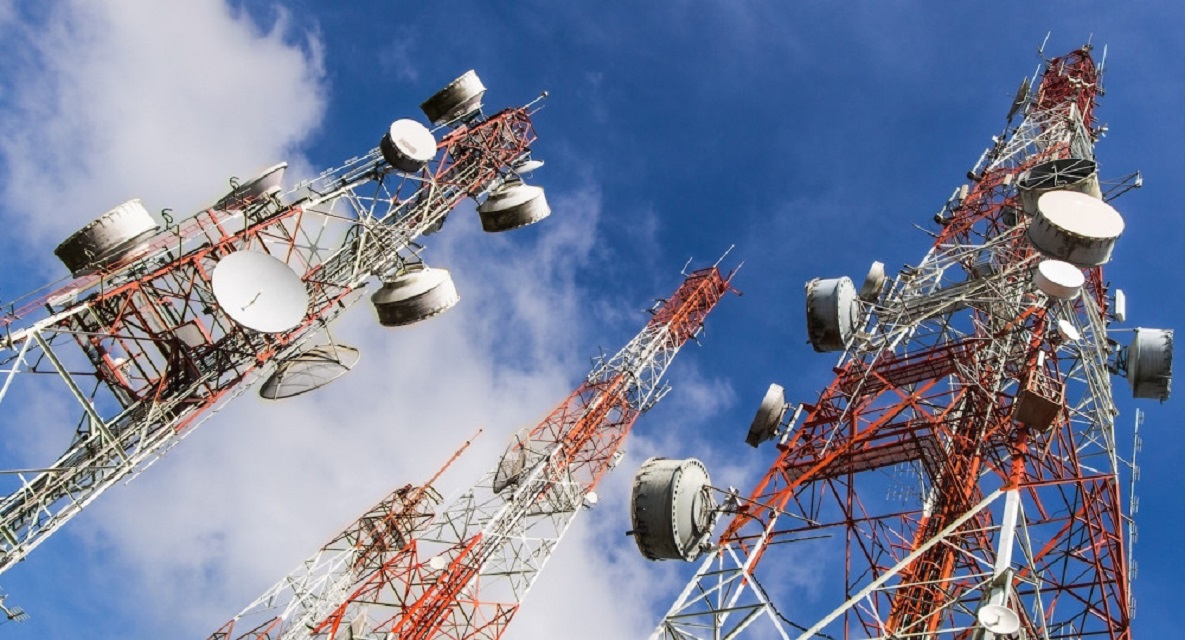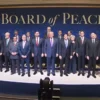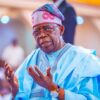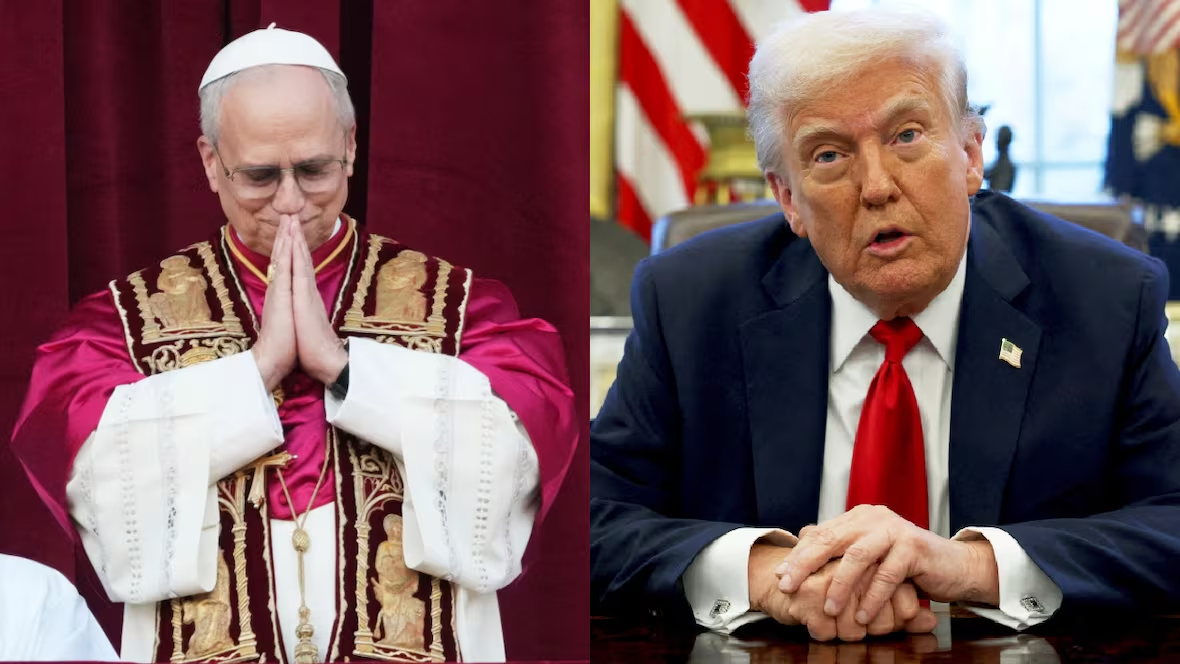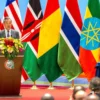By Olajide Adisa
Since Independence in 1960, the telecoms sector has impacted on the Nigerian economy in several positive ways, creating jobs and contributing to the Gross Domestic Product (GDP) of the Nigerian economy.
Before Nigeria gained independence in 1960, communication was mainly through the telegraphic wire, initiated by the colonial masters, but after independence in 1960, the Nigeria Telecommunications Limited (NITEL), was established in 1985, following the separation of postal services from telecommunications services. At that time, telecommunication was the exclusive right of the affluent in the society as only few people had access to telephony. People had to queue for hours and days, just to make international calls and sometimes local calls with the 090 NITEL line.
During that period, the existing Telecom operators were NITEL and a few other Code Division Multiple Access (CDMA) operators. However, the advent of GSM in 2001 eventually demystified telecommunications, and gave every Nigerian the access and right to communicate. The introduction of GSM in 2001, increased the number of registered lines from less than 400,000 in 41 years of independence, to over one million lines in less than one year after the introduction of GSM.
After 2001, more and more Nigerians could sit at the comfort of their homes and offices to make instant calls within and outside Nigeria, through their personal hand-held devices called the mobile phones. Banking activities are now transacted on the mobile phones, without the bank customer visiting the banks. The most eventful period was between 2001 and 2015, when the telecoms sector was deregulated.
The Structures
In preparation for the proper regulation of the telecoms sector, the Nigerian Communications Commission (NCC), the telecoms industry regulator was established by an Act of law in 2000, and in 2003, the Nigeria Telecommunications Act was enacted, which defined the structures of the Nigerian telecoms sector.
In 2001, the first set of GSM operators were licensed by NCC. They included Econet Wireless (now Airtel), MTN and NITEL. In 2003, Globacom was licensed and in 2008, Etisalat, now 9mobile, was licensed, while NTEL, the mobile arm of NITEL was licensed in 2014, but rolled out services in 2016, after the successful privatisation process, through a guided liquidation exercise.
However, following the inability of NITEL to cope with competition from GSM operators, it folded up its operations and was eventually sold to NATCOM in 2014, and later re-sold to private investor after it was unbundled and it currently trades as Ntel, under a private ownership and with the Asset Management Corporation of Nigeria as a majority shareholder.
Core Telcos
The core telecom operators (Telcos), such as MTN, Airtel, Globacom and 9mobile were initially licensed by NCC to provide mobile voice services. The NCC however licensed Globacom as a Second National Operator (SNO) to offer fixed (landline), in addition to wired and wireless (mobile) services that other core operators were offering. NCC also licensed Internet Service Providers (ISPs) to offer internet data services, but in 2005, NCC deregulated the telecoms sector and granted a five year exclusivity period to GSM operators and also extended their license to cover data service offering.
The core telecoms operators had to roll out their own telecoms infrastructure to aid network expansion across the country.
Chairman, Association of Licensed Telecoms Operators of Nigeria (ALTON), Engineer Gbenga Adebayo, said the core telcos had to reinvest their profits into telecoms infrastructure rollout because the federal government could not deploy the $285 million licence fee paid by each core operators for telecoms infrastructure rollout as early promised.
“To achieve effective network coverage, the core telcos were in building Base Transceiver Station (BTS) and connecting radio links, while at the same time, laying fibre optic cables and connecting them to BTS for effective coverage, which come at a huge cost and burden to telecoms operators. Again, the cost of maintaining BTS was on the high side, because each BTS runs on two generating sets on a 24 hours basis and the cost of diesel has continued to increase, even more so with the recent removal of fuel subsidy by the federal government, Adebayo said. He however said at a point, the core telcos had to outsource the building of telecoms masts (BTS) and the maintenance and operations to core infrastructure companies like IHS, to enable the core telecoms operators to focus on their core area of telecoms service delivery to telecoms subscribers.
Infrastructure Companies (InfraCos)
Infrastructure Companies like IHS, MainOne, Pan African Towers, SWAP Technologies, Zinox Technologies, Broadbased Communications, Brinks Integrated Solutions, O’dua Infraco Resources among others, were initially licensed as InfraCos to provide telecoms infrastructure across the six geo-political zones in the country, but the arrangement failed years later because of the difficulties most of the licensed faced in deploying telecoms infrastructure across the various regions.
The InfraCos were supposed to provide BTS also known as Base Stations, as well as fibre optic cables and radio links for the transmission of voice and data services, but they were resisted by agencies of state governments and social miscreants who demanded and to a large extent continue to demand outrageous amounts of money from them as condition for rollout of telecoms infrastructure in the various regions. Some agencies of state governments either refused to grant Right of way (RoW) permit for infrastructure rollout, or arbitrarily hiked the charges for RoW in their states, thus making it difficult for InfraCos to roll out telecoms infrastructure in most states. The situation forced some InfraCos like IHS and MainOne to return their InfraCo licence to the NCC, after paying N2.5 million for a ten-year InfraCo licence.
Some operators were licensed to deploy telecoms masts across the country, maintain the operations of telecoms masts and allow telecoms operators to collocate by fixing their radio links and antennae on the installed telecoms masts. Operators involved in providing telecoms masts include: IHS, American Towers Company (ATC), Pan African Towers, Coloplus Limited, among others.
Telecom mast providers are faced with a myriad of challenges in deploying telecoms masts across the country, a development that affects the quality of telecoms service delivery across networks. Multiple taxation, foreign exchange rate volatility and availability, vandalism, insecurity, asset theft, intra-industry indebtedness, non-designation of telecommunications infrastructure as Critical National Infrastructure and power solutions are some of the problems facing the industry sub-sector.
All these issues culminate in having an adverse impact on communications because the quality of service is ultimately affected. With a gap of approximately 40,000 towers needed (without 5G) to cover the country as has repeatedly been said by NCC, these issues need to be addressed not only to improve the quality of current service delivery but also to provide network coverage for the rest of the country.
The building of towers in close proximity to already existing towers must also be addressed if national coverage is to be achieved within a reasonable time. The network must expand to currently unserved parts of the country.
CEO of Coloplus Limited, Mr. Mike Ofili, admitted to the huge challenges faced in deploying telecom masts across the country.
According to Ofili, the telecoms mast providers must have the buying and consent of telecoms operators, before investing in a single telecoms mast (Tower), which he said, cost between N35 million to N40 million, depending on the location.
Speaking on some of the challenges in deploying telecoms masts, Ofili said: “Nigeria imports virtually everything that has to do with telecoms’ tower equipment and installation. We import the towers, generating sets, batteries, rectifiers, including iron/rod used for reinforcement. The rising cost of dollar and the weak value of the naira against the dollar, coupled with the inability to access Forex, have affected importation of equipment, thus slowed down network expansion, leading to poor telecoms’ service delivery. The issue of multiple regulation and multiple taxes imposed on telecoms’ operators by agents of governments, are also affecting the deployment of telecoms masts, which telecoms operators rely on to provide quality service to subscribers,” Ofili said.
According to him, with multiple regulations from state agencies, telcos are forced to pay for Environmental Impact Assessment fee, Right of Way (RoW) charges, mast installation charges, radioactive emission charges, among other charges that amount to multiple taxes.
“Cost of maintaining BTS is also very expensive. Nigeria has about 30,000 BTS installed across the country, with some decommissioned while about 30,000 BTS are still active, with high cost of maintenance. The cost of diesel to power a BTS is on the increase and the financial demand from non-state actors who parade themselves as social miscreants, is becoming rampant and impacting negatively on the running cost of a BTS. Network operators had tried severally to increase cost of telecoms services delivery in line with the rising cost of providing telecoms services, but the regulator, the NCC, will not agree, and the situation is adversely affecting telecoms operations across networks,” Ofili said. Other sources online put the number of installed towers in Nigeria at over 40,000 as at 2021.
The development slowed down network expansion of telecoms operators and invariably, quality of telecoms service delivery has been adversely affected.
Following the collapse of the InfraCo arrangement, telecoms infrastructure providers started making personal negotiations to roll out telecoms infrastructure, but at a very slow pace that is negatively affecting telecoms service delivery, because the telecoms operators largely depend on the telecoms infrastructure companies to deliver telecoms services to the subscribers.
Speaking on some other challenges faced by telecoms operators, the Chairman of the Association of Licensed Telecoms Operators of Nigeria (ALTON), Engr. Gbenga Adebayo, said maintenance of BTS was becoming a major challenge as cost of diesel continued to rise since the removal of fuel subsidy by the federal government. According to Adebayo, the operators have called for an increase in telecoms tariff, but the move has always been resisted by the NCC and the telecoms subscribers. According to Adebayo, all other sectors of the Nigerian economy have had reasons to increase cost of service delivery to the people because of the prevailing circumstances in the country occasioned by fuel subsidy removal, but there had always been resistance each time the telcos talk about price increase.
Value Added Service (VAS) Operators
VAS operators are another set of operators that the telecoms operators rely on in providing quality telecoms services to telecoms subscribers.
VAS operators are licensed by the NCC to provide value added services that will enable telecom operators to serve telecom subscribers in a most effective way. Although they do not have telecoms infrastructure, they ride on existing telecoms infrastructure to offer telecom services that are regarded as value added services to telecom operators.
Their services are essential because they determine the quality of service that telcos offer to their subscribers. Some of the services include: Call waiting, Call forwarding, multi-party conferencing, Short Message Service (SMS), and special ringtones. The major challenge faced by VAS operators is in the area of pricing of the solutions developed and offered by VAS operators.
National Chairman of VAS operators, Mr. Chijioke Eze, who confirmed the issue of pricing, said the issue still persists, because the sharing ratio between VAS operators and telecoms operators are never favorable to VAS operators. According to him, the telecoms operators will want to take the lion share from the proceeds of any VAS solution offered by telecoms operators, just because the telecoms operators own the telecoms infrastructure on which the VAS solution rides on.
Mobile Virtual Network Operators (MVNO)
In addition to the services that Value Added Service (VAS) operators are offering in the telecoms sector, the Nigerian Communications Commission (NCC), recently licensed 25 Mobile Virtual Network Operators (MVNO) that will also ride on the existing telecoms infrastructure to provide telecoms services that will enhance telecoms subscribers’ experience.
Although many industry analysts have blamed the licensing of 25 MVNOs, insisting it would lead to duplication of solutions and harsh competition between VAS operators and MVNOs. National Chairman of VAS operators, Mr. Chijioke Eze, however said both VAS and MVNOs could collaborate and offer quality services without any form of friction.
Internet Service Providers (ISPs)
The Internet Service Providers (ISPs) are another set of operators licensed by NCC to provide internet connectivity for data services.
Their role is interwoven with telecom operators that also offer data services, alongside voice services.
The interwoven nature of the role of both operators is causing great concern to ISPs that are smaller in size and capacity. Because the telcos have the numbers, with a subscriber base of over 220 million across networks, they appear to run out the smaller ISPs that have less subscriber base.
Commenting on the situation, the CEO of Swift Networks, Mr. Charles Anudo, who is an ISP, said most ISPs are being suffocated by Telecom operators that provide the same data service with ISP.
According to him, ISPs were originally licensed to provide data services, while telcos were originally licensed to provide voice services. He however said the deregulation of the telecoms sector, provided opportunity for telcos to offer data services, a development, he said, was already affecting ISPs. He called on the regulator to ensure protection of ISPs, especially the smaller ISPs, in order to save them from going into extinction.
From the analysis above, it is evident that the challenges in the telecoms sector is not only embedded with telecoms operators, as it cuts across several sub-sectors like VAS, InfraCos, MVNOs, and ISPs, making it a web of challenges that has to be addressed by all the players in the industry, including the regulator, the NCC.
Olajide Adisa, is a Telecoms/ICT Analysts & Commentator writes from Abuja
![]()



